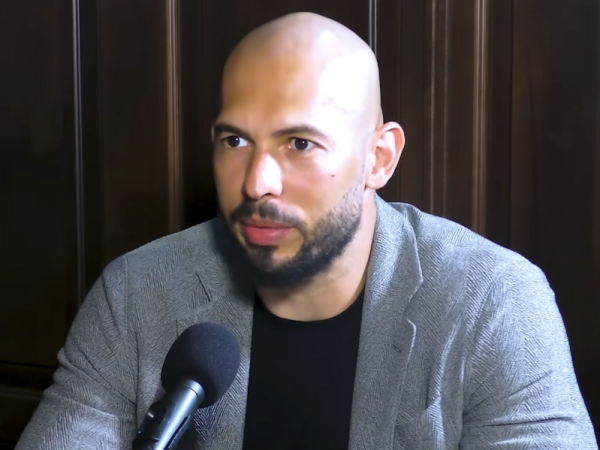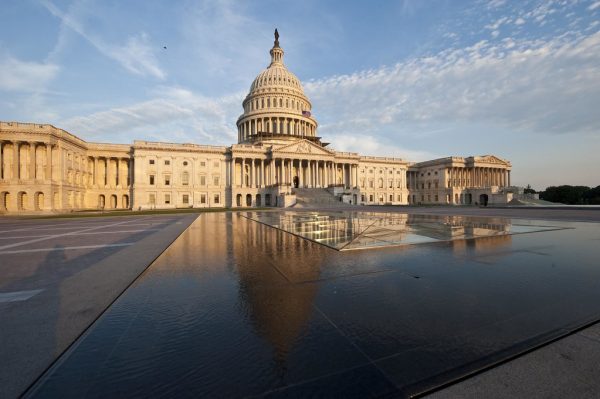Social media has always been a powerful tool for keeping in touch with friends and family, expressing your opinion, and posting about your life. Our daily lives have grown to revolve around technology and social media, constantly needing to connect and know what is going on with others. However, various social media platforms have begun to change the kind of content being pushed to users—essentially becoming a spawning ground for polarization.
Once a fairly harmless tool to help people connect, social media has ingrained itself as a central component of society, especially for younger individuals. Adolescents, with their rapidly growing minds, often spend hours using social media. However, this in itself is not the only issue—a lack of accuracy checks as well as the popularization of extreme views can easily taint young minds. The internet enables everyone to have a voice about any issue, often without enough knowledge. Although social media is not the main cause of polarization, it is definitely a central facilitator. As of today, various extremist subgroups actively thrive and exist within most social media platforms.
Social media is clearly creating an increasingly large divide within our society. For one, access to the internet increases partisan hostility. On the internet, people constantly hunger for information that aligns with their political views and become more likely to turn to digital platforms to support and enable their own views. Constant consumption of extreme political propaganda has the potential to strongly polarize opposing political parties as people tend to turn to social media to enable their own ideas rather than look to discover new ones. Social media often puts individuals in feeds that provide them with information that confirms their personal worldviews, creating the illusion that they perceive things more logically as the information seems more widespread.
However, this is only because our feeds are tailored to our beliefs and interests, and excessive reinforcement of these—especially when it comes to political issues—makes us believe that those on the ‘other’ side are extreme. Negative polarization is often also spawned because divisive social media messages in general receive significantly more engagement due to their controversy. Additionally, social media algorithms push posts with more engagement out to even more people, creating an even wider audience for divisive messaging. Social media is made to capture our attention—which is why many tend to create divisive and controversial posts, an effective strategy in aiming to reach a larger audience.
This phenomenon does not only appear politically; it also shows up socially on a somewhat smaller scale. A recent example of this is the rise of Andrew Tate, once a popular influencer who had garnered up to 8 million followers on X (formerly known as Twitter).

Initially using TikTok to promote his podcast by pulling viewers in with controversial clips, he quickly blew up and grew to be the face of “Alpha Male TikTok,” a subsection of TikTok dedicated to spotlighting men and their capability to empower themselves. This subsection does not seem harmful in its overall message and actually seems to be helpful; however, Tate uses this as a means to excuse his more controversial takes. He is famous for spreading misogynist and homophobic views, asserting that women are only there to empower the man, even claiming that “females are the ultimate status symbol.” Most people like to think the modern world has moved on from its past prejudices, but social media’s power to grab people’s attention and spread information can easily become a breeding ground for political and social polarization—especially when controversy and misinformation can actually be rewarded due to most social media algorithms’ reliance on shocking material.
Ultimately, social media has a way of spreading extreme views on various topics, especially to the younger population. And when divisions form and separate large groups of people unwilling to hear out the other side, history has taught us to be wary.

